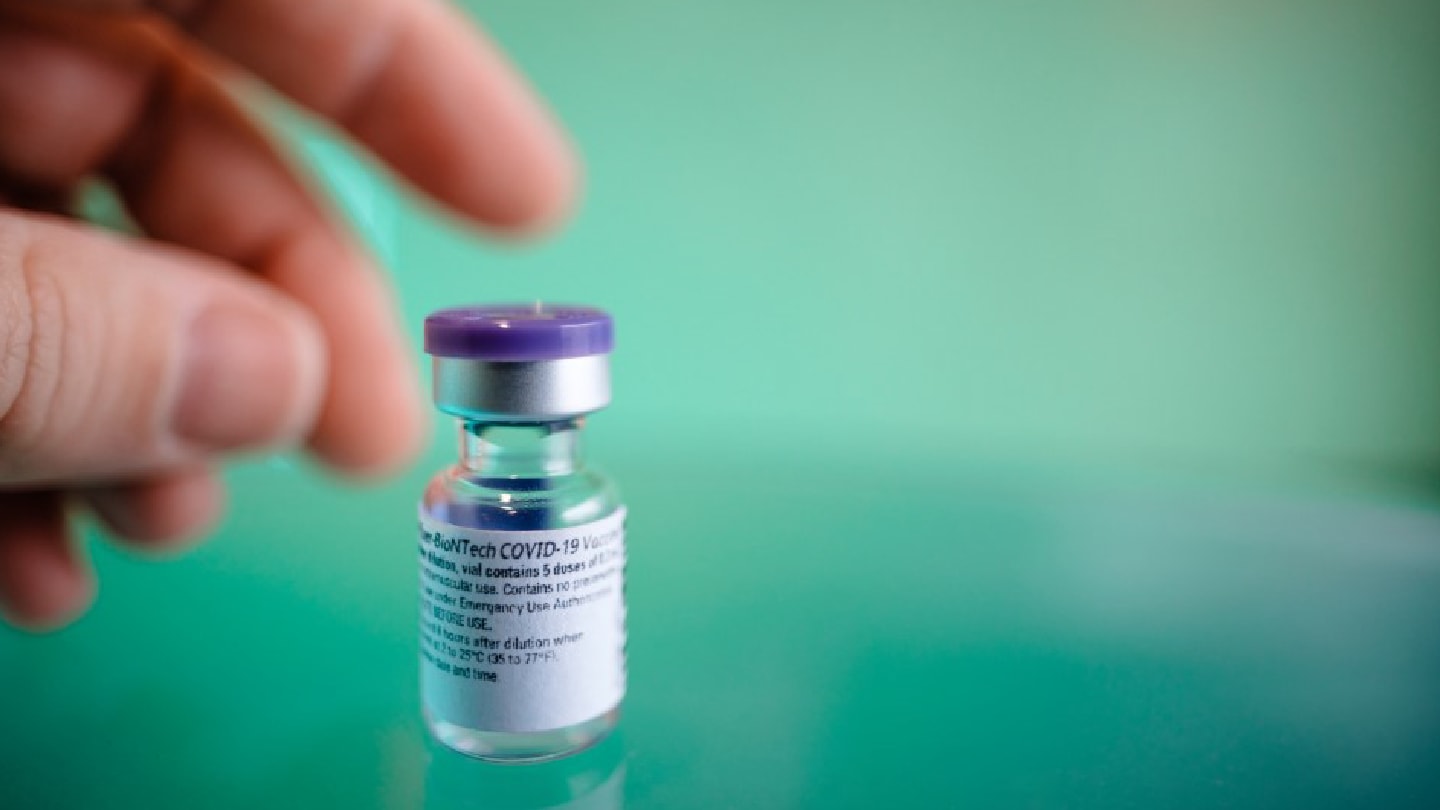
Pfizer, BioNTech, and Moderna case continues
Pfizer and BioNTech have appealed to the UK's Court of Appeal to overturn a High Court ruling that their COVID-19 vaccine, Comirnaty, infringed one of Moderna's mRNA technology patents. The High Court had previously deemed one of Moderna's patents invalid but upheld another, entitling Moderna to damages from Pfizer and BioNTech's post-March 2022 vaccine sales. Pfizer and BioNTech argue that Moderna's patent represents an obvious extension of existing research, while Moderna maintains the patent's validity. This UK case is part of a broader international legal battle involving these companies, with proceedings also taking place in Germany, the US, and at the European Patent Office. In 2024, Pfizer and BioNTech reported over $3.3 billion in revenue from Comirnaty, while Moderna earned $3.2 billion from its vaccine, Spikevax. However, both companies have experienced declining sales following the pandemic's end.
MSD’s Ohtuvayre takeover
Merck, Sharp & Dohme has agreed to acquire UK-based Verona Pharma for approximately $10 billion, paying $107 per American Depository Share. The acquisition, expected to close in Q4 2025 pending regulatory and shareholder approvals, will add Ohtuvayre (ensifentrine) to MSD’s respiratory portfolio. Ohtuvayre, approved by the FDA in June 2024, is the first novel inhaled maintenance treatment for chronic obstructive pulmonary disease (COPD) in over two decades. Since its US launch in August 2024, the drug has seen rapid adoption, generating $71.3 million in Q1 2025 sales. MSD says it will leverage its commercial and clinical infrastructure to expand Ohtuvayre’s reach, including potential international markets and additional indications such as non-cystic fibrosis bronchiectasis.
Breaking Down the Blood-Brain Barrier
Secarna Pharmaceuticals and Vect-Horus have formed a strategic research collaboration to develop RNA-targeted therapeutics capable of crossing the blood-brain barrier to treat central nervous system disorders. The partnership combines Secarna’s AI-driven OligoCreator platform, which designs and optimizes oligonucleotide therapies, with Vect-Horus’ VECTrans delivery system, known for transporting therapeutic agents across biological barriers like the blood-brain barrier via receptor-mediated transport. This collaboration aims to address the longstanding challenge of delivering RNA-based treatments to the brain, particularly for the treatment landscape for neurodegenerative and other CNS diseases.
Viral Vector and Vaccine Advances
Univercells Technologies and Repligen Corporation have also announced a strategic collaboration. They will be focusing on enhancing real-time monitoring in viral vector and vaccine biomanufacturing. The partnership will integrate Repligen’s glucose control platform with Univercells’ fixed-bed bioreactors, with the aim of enabling continuous, automated measurement of glucose and lactate levels in adherent cell cultures. This integration eliminates manual sampling, allowing for measurements as frequently as every two minutes, thereby improving process control and data resolution. The goal of the collaboration is to streamline biomanufacturing workflows, reduce variability, and accelerate the development of advanced therapies. Both companies are engaging with beta testers to validate the integrated system.
Research
Alpacas versus Nipah virus infections
An antibody treatment developed by researchers in Chile and Australia has shown potential in both preventing and treating Nipah virus infections in animal studies. Nipah virus, a bat-borne pathogen, currently lacks approved vaccines or treatments. The researchers developed a dual-action antibody by combining a nanobody, DS90, derived from an alpaca, with an existing monoclonal antibody, m102.4, which is in phase I clinical trials. DS90 targets the virus's fusion protein, while m102.4 targets the receptor-binding protein, both essential for the virus to infect cells.
In cell-based experiments, the combined antibody effectively neutralized multiple strains of Nipah virus and the related Hendra virus, outperforming either component alone. In hamster models, the treatment provided 100 percent protection when administered before exposure to the virus and was 50 percent effective when given one day post-infection, also delaying disease progression. The combined antibody could serve as both a preventive and therapeutic agent against Nipah virus, pending further research and clinical trials.
Mapping Neuronal Diversity to Advance Neurodegenerative Disease Research
A new study published in Science has leveraged Parse Biosciences’ single-cell sequencing technology to map how specific signaling pathways influence the development of diverse neuronal subtypes. Led by ETH Zurich and Roche’s Institute of Human Biology, the research screened 480 morphogens across 700,000 cells derived from human pluripotent stem cells. This approach enabled the generation of pure populations of various neuron types by modulating interactions between morphogens and pro-neural transcription factors. The findings offer a scalable framework for producing defined neuronal cell types in vitro, advancing understanding of neurodevelopment and providing valuable insights into neurodegenerative diseases like Alzheimer’s, Parkinson’s, and ALS.
A cheaper alternative to CAR-T-cell therapies
An experimental therapy using genetically engineered natural killer (NK) cells – dubbed CAR NK cells – is under investigation by a team of researchers in China, with the aim of treating autoimmune diseases such as lupus and systemic sclerosis. Unlike CAR T-cell therapies, CAR NK cells can be derived from donor blood, modified, and stored. In two small clinical trials, modified NK cells effectively targeted and eliminated autoantibody-producing cells, which are responsible for attacking the body's own tissues in autoimmune conditions. While CAR T-cell therapies have been successful in treating certain cancers, their complexity and cost limit widespread use. CAR NK cells, being shorter-lived, may suffice for autoimmune diseases, where a temporary reset of the immune system could be beneficial. This approach could offer a scalable alternative to current therapies, with companies shifting focus from cancer to autoimmune applications. Further research is needed to confirm long-term efficacy and safety.
